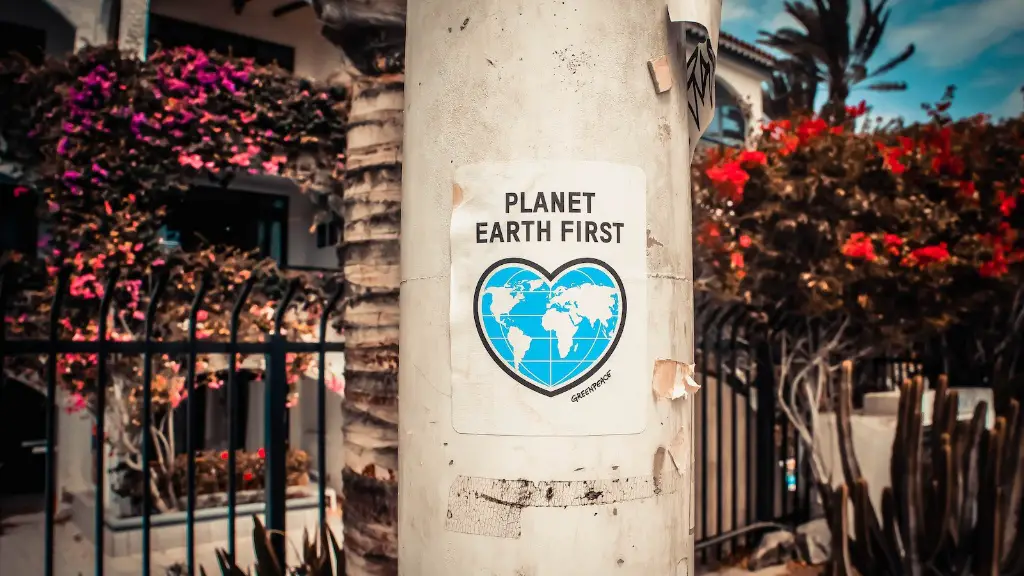Using resources sustainably and reducing the amount of resources wasted can result in a massive reduction in global warming. As the population grows, so does our need for manufactured products, energy and food, consequently, putting a strain on our environment. This calls for the need to change our consumption habits to ensure our resources are not over-exploited. Recycling is one of the options available to us which can both ensure sustainable use of resources and reduce the effects of global warming.
Recycling is considered an important part of the process of curbing global warming. It helps us conserve our natural resources by reusing previously used materials, thus reducing the need to produce more materials. According to the U.S. Environmental Protection Agency, “recycling conserves natural resources, keeps materials out of landfills and incinerators, and creates jobs”. In addition, the recycling process requires less energy than the production of new materials, thus releasing less carbon-dioxide into the atmosphere. Additionally, it reduces the emission of greenhouse gases and conserves energy, causing fewer pollutants to be released in the air.
Recycling also has a great potential for reducing deforestation, as it reduces the amount of trees cut down. Deforestation causes an increase in the amount of Carbon Dioxide in the atmosphere, leading to global warming, this can be countered by the production of recycled paper, which requires less energy and fewer products than the production of paper made from virgin wood pulp. A study released by the U.S. Geological Survey in 2020, suggests that “Using recycled paper instead of virgin wood pulp results in a 75% reduction in air emissions and a 50% reduction in water emissions as compared with virgin wood pulp”, making recycled paper an important part of a solution to global warming.
On the other hand, there are some ways in which the recycling process can increase global warming. This includes the amount of energy and resources used for the sorting and transporting of recycled materials. The transportation process itself often involves burning fossil fuels, which results in an increase in the emission of greenhouse gases into the atmosphere. The process of collecting, sorting and transporting materials often requires a large amount of energy, which is often generated from coal, oil and gas – all significant sources of carbon dioxide. Thus, despite its positive environmental effects, the recycling process can have negating effects if done inefficiently.
In conclusion, recycling can certainly play a major role in reducing global warming. It both conserves natural resources and reduces the emission of greenhouse gases into the atmosphere. Importantly, it helps reduce the amount of trees cut down and conserves energy, causing fewer pollutants to be released. However, this process is only useful if done correctly, as it can have unwanted side-effects when done inefficiently, resulting in increased global warming. Thus, recycling needs to be conducted in an efficient and effective manner in order to effectively reverse the effects of global warming.

